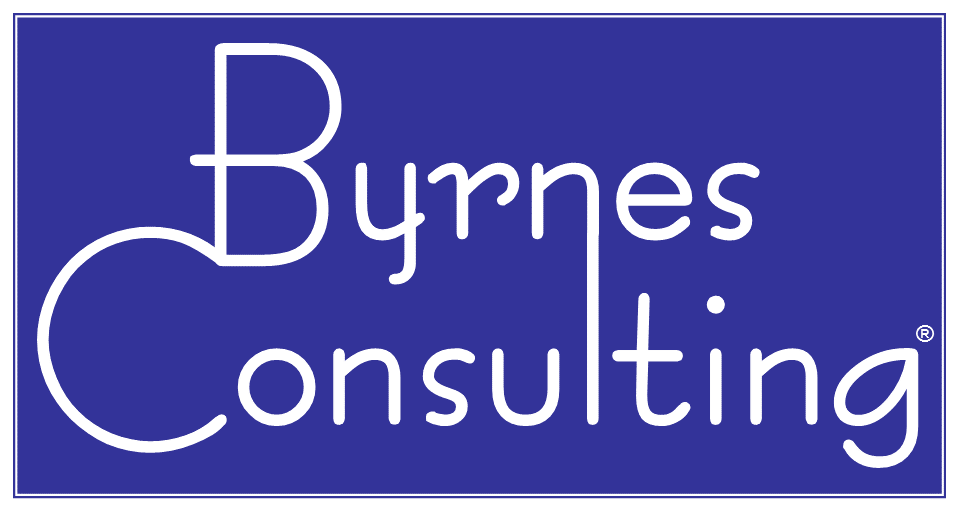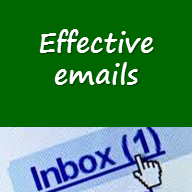 1. ROI. What are the objectives? What outcomes make it a success? What is your expected return on the event?
1. ROI. What are the objectives? What outcomes make it a success? What is your expected return on the event?
Determine the measures of success before moving forward with any event to best guide decisions all along the way.
2. Resources. Who is going to help? What skills are needed of your staff? How many hours can they contribute? How do you recruit additional assistance when needed? What is everyone’s role before, during and after your event? What supplies should be on hand? What equipment will be needed? Is insurance required?
Be warned, most events take more resources than initially expected.
3. Timeline. What are the milestones? What are the dependencies? Do contracts need to be signed and by when? Who is going to manage the timeline and keep track of all deliverables before and on the date of the event?
Plan, manage and perform… the keys to a successful event. Avoid wearing project plan blinders. See past the checklists.
4. Expenses. What is your budget? Who is going to monitor costs? How will you pay vendors? Will your guests be charged a fee to attend? If so, how will this be facilitated (e.g. online vs. in person, at a discounted rate in advance vs. more at the door, etc.)?
Avoid expenses unexpectedly piling up. It takes a watchful eye to stay on top of expenses, read the fine print of contractual agreements and negotiate discounts where possible.
5. Theme. What event concept will make your party unique? Where will the event be? What marketing material is needed (e.g. giveaways, decorations, props, literature, signage?) What music makes sense? What food and beverages should be served?
Be true to your brand, but do not be afraid to have fun.
6. Buzz. What is going to make your event stand out and be unforgettable? Is there anything to incorporate that will create a word-of-mouth excitement before or after the event?
Look to add a “wow” factor to have your guests talking about your event for years.
7. Philanthropic purpose. Is there a way to give back to a charity? Can you tie the event in with any cause-marketing initiatives?
Help those in need and create an additional warm-fuzzy feeling for your guests and the impression they have on your organization.
8. Communications. What is needed to get the word out about the event (e.g. save the dates, mailed invites, emails, website, PR, advertising, personal phone calls, social media discussions, etc.)? Who needs to be invited? What is needed at the event to support the business strategy (e.g. signage, programs, speakers, name tags, presentations, videos, etc.)? What follow up is needed after the event? What happens if the event needs to be cancelled or too many people want to attend?
Make sure marketing efforts get the right attendees, whether it be clients, prospects, media, partners, peers, etc., to show up and hear and retain your message.
9. Feedback. How will you measure the event’s level of success? How can you improve your event in the future?
Research your guests’ impressions, likes and dislikes. Record feedback from staff members on what to do better next time.
10. Reproduction. Are you considering repeating all or some elements of this event?
Document checklists, procedures, contact information, and budgets vs. actual expenses, if it is a reoccurring event, to make it easier the next time.
If you need help with the business strategy, marketing concept or management of an event, contact Byrnes Consulting for assistance.




